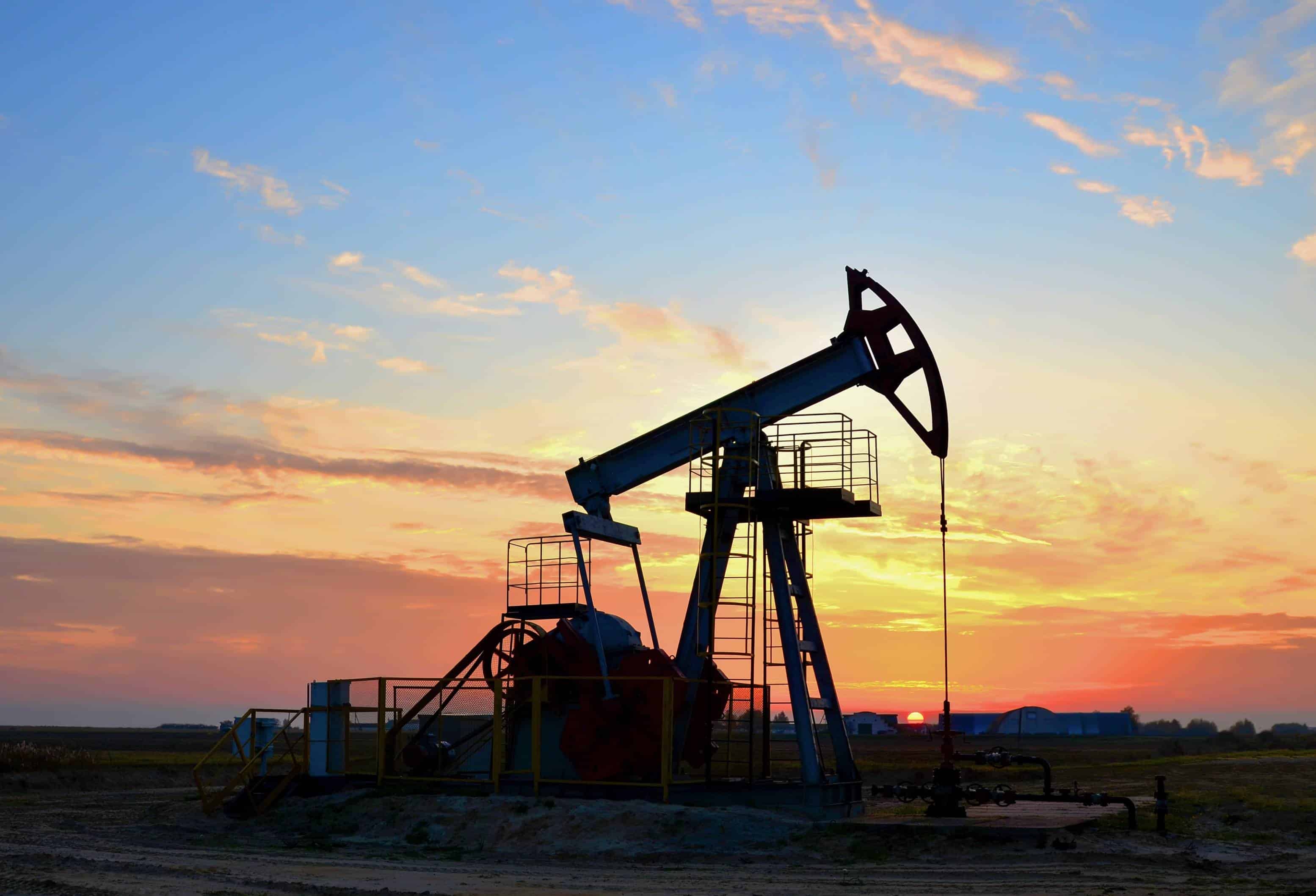Münster, Germany—The Group of Seven club of rich countries on Friday called on oil-producing states to increase production to help bring down prices, a month after OPEC+ decided to drastically reduce its output.
Increasing production should help “decrease volatility in energy markets” caused by the war in Ukraine, G7 foreign ministers said in a statement after talks in Germany.
The 13-nation OPEC cartel and its 10 allies headed by Moscow said in October it would cut production by two million barrels a day from November, raising fears oil prices could soar.
The G7 also said it intends to finalise “in the coming weeks” the implementation of a Russian oil price cap mechanism.
Rising prices for energy in the wake of the Russian invasion of Ukraine, have driven a global surge in inflation and weighed on economic activity.
G7 countries have long planned the implementation of a Russian oil price cap aimed at depriving Moscow of a key source of cash for its war in Ukraine as well as cooling energy prices.
Australia recently joined the G7 and the European Union in backing the move.
But work toward imposing a cap has dragged on for months as Western allies have struggled to build a broader coalition of support.
While the United States has already imposed an embargo on Russian oil and the EU will ban most imports from December, other countries have maintained economic ties with Moscow.
Western officials have said the price for Russian oil would remain above the cost of production so that Moscow would still have an incentive to supply importing countries.
But Moscow has warned it would cut off oil supplies to countries that impose such a cap.








